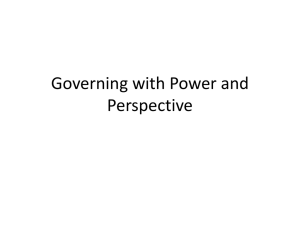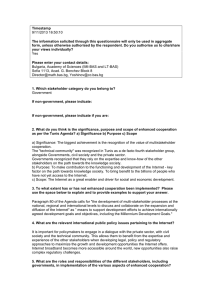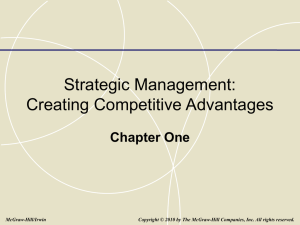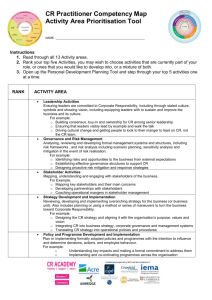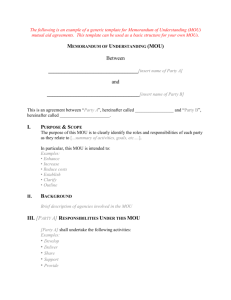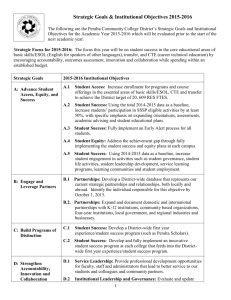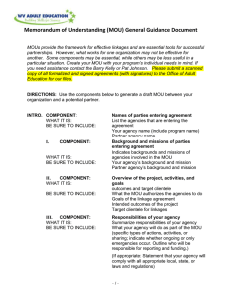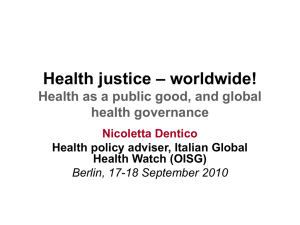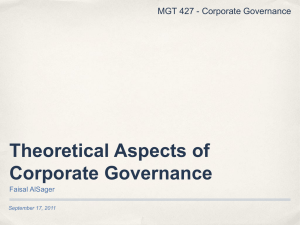The Implications of Different Governance Models for Multi
advertisement
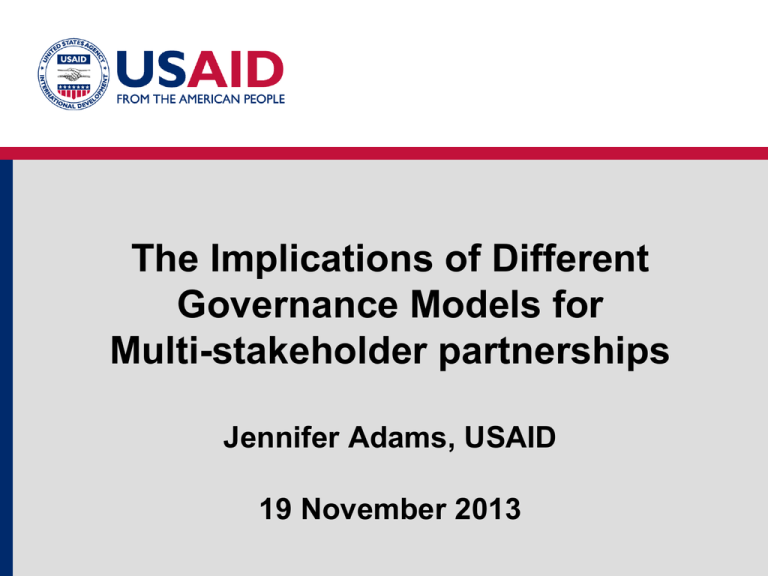
The Implications of Different Governance Models for Multi-stakeholder partnerships Jennifer Adams, USAID 19 November 2013 Key Components Of Multi-stakeholder Partnerships Informal, flexible Partnership components: • EITI • Busan Treaty Defined and structured • USAID – AusAID partnership • Walmart partnership agreement • Global Partnership for Resilience (w\ Rockefeller) • New Alliance for Food Security and Nutrition • Grand Challenges for Development • Child Survival Call to Action • Share information • Affirm relationships • Visibility, public relations • Align efforts • Coordinate existing funding and activities • Build on existing relationships • Innovate or achieve transformational change • Mobilize new funding and concrete contributions • No funds obligated • Existing funds will be aligned to shared goals • Existing funds continue to be maintained separately by participating stakeholders • New funds obligated • Funds from stakeholders put in a common trust or secretariat • Specialized tool for aggregating funds (Grand Challenges for Development) • None • Leadership committee • Advisory board • Independent secretariat with staff and funding • Agreed-upon metrics and reporting protocol • Published/public accountability reports • Sector level • Region level • Multi sector • Multi region • Agency-wide or organization-wide • Program level • Country level Grand Challenges for Development Structure • Governance structure: – – – • Benefits far outweigh challenges – – – • Founding partners (range of partners includes SIDA, Gates Foundation, Duke Energy) form steering committee Steering committee provides funding and technical advice, and chooses which innovators receive funding Applicants include innovators from business, NGOs, universities Aggregate and streamline funding Share expertise Leverage networks on the ground Challenges – Some coordination obstacles include stakeholders’ varying priorities, different metrics and funding cycles Draft illustration of Power Africa partnership structure USG will align and coordinate stakeholder resources to support the common goals of Power Africa, maintaining independent channels for delivery for each stakeholder US Government Partners Type of support Technical assistance Funding Private Sector Bilateral Donors Partner Country Gov’ts Private investment Technical assistance Funding Policy reform commitments No Central Governance POWER AFRICA INITIATIVE Example: MOU Example: MOU Letter of intent Terms of partnerships will be developed and maintained separately for each stakeholder. There will be no central governance structure. Technical assistance Funding Example: MOU Governance Example: MOU Mechanism of commitment IFIs
